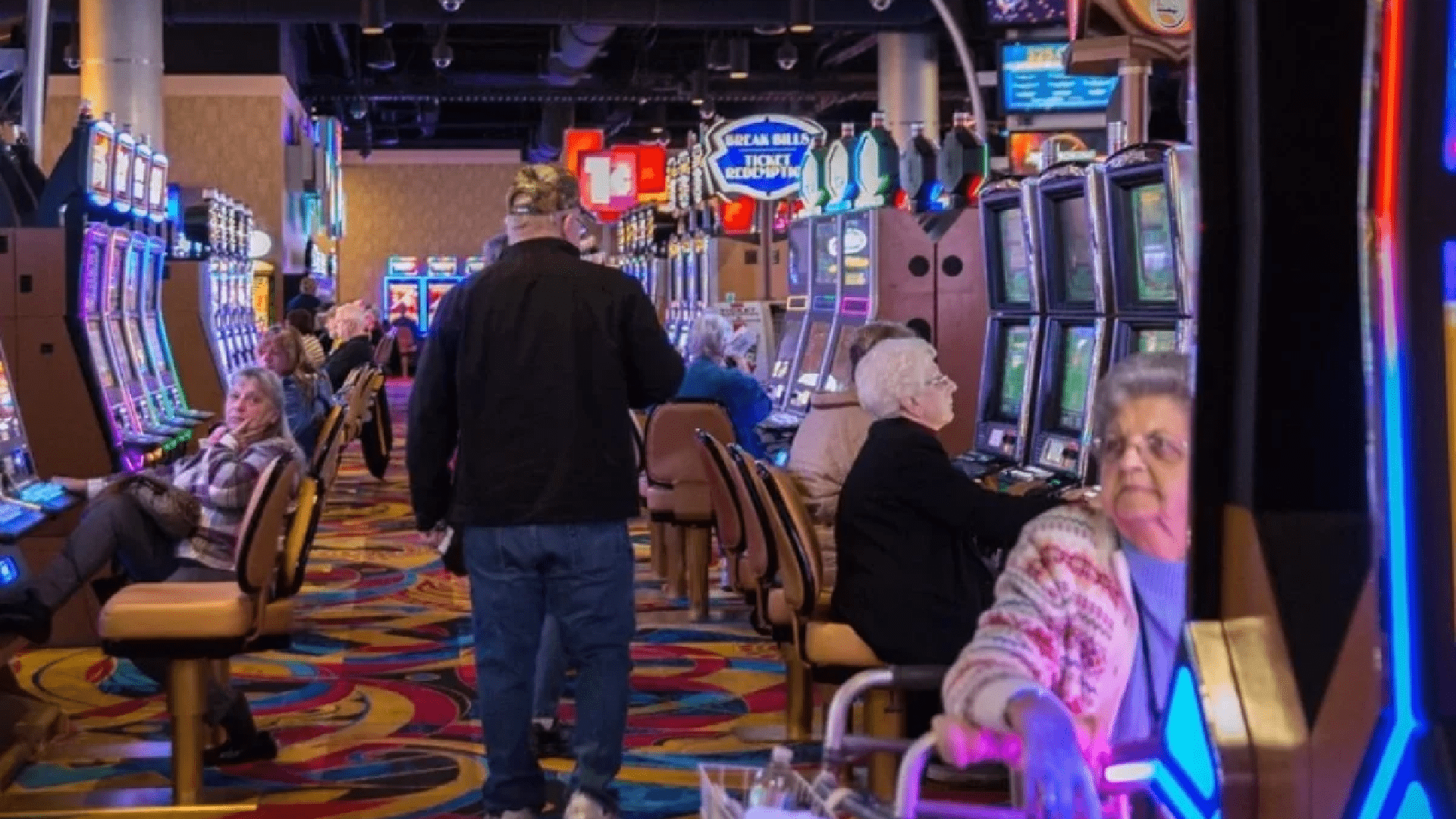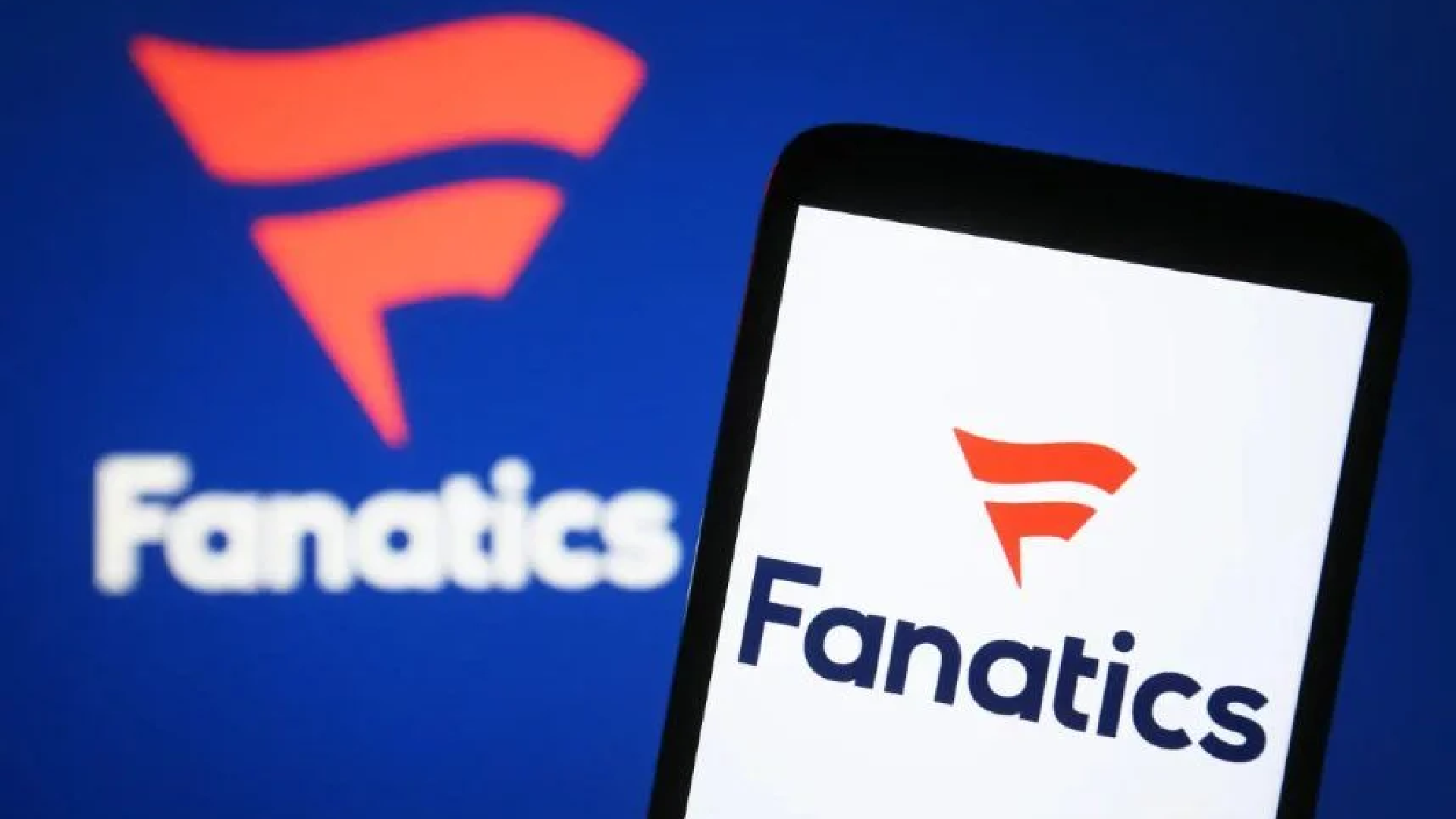
In terms of gaming taxes, no state gains more than Pennsylvania.
While Las Vegas and Atlantic City are often referred to as the capitals of the US gaming sector, it is Harrisburg that reaps the highest revenue from legalized gambling.
Last year, Pennsylvania ranked as the second-richest state in commercial gaming, generating around $5.86 billion in gross gaming revenue (GGR). However, due to its elevated tax rates, the Keystone State gained more from gambling than Nevada, even though GGR reached $15.52 billion in the Silver State.
As per the American Gaming Association’s (AGA) State of the States 2024 report, Pennsylvania generated almost $2.32 billion from legitimate gaming in the previous year.
Pennsylvania casinos emphasize that yearly revenue and the tax advantages provided to Harrisburg by the gaming floors would increase significantly if the state took action against unregulated gaming, particularly skill gaming machines. Often referred to as Pennsylvania Skill, the terminals resemble and produce sounds like classic slot machines but are distinct because players must touch the relevant symbols to recognize a winning payline.
The state's gambling sector asserts that these games are resulting in hundreds of millions of dollars in lost annual slot revenue for the heavily regulated and taxed physical casinos.
Elevated Taxes, Elevated Income
The gaming market in Pennsylvania has some of the highest tax rates nationwide. The $2.32 billion revenue was the state’s largest amount ever and indicated a 10.6% increase compared to the previous year.
The 17 physical casinos allocate roughly 52% of their net earnings from slot machines to the state. Table games played in person and on mobile devices are taxed at a rate of 16%. Fifty-four percent of revenue from online slots is directed to Harrisburg.
Pennsylvania is among just seven states that permit legal iGaming. It features slot-style video gaming machines at diesel truck stops that are liable to a 52% tax. Bookmakers allocate 36% of their revenue from online and in-person sports betting to the state.
The effective gaming tax rate in Nevada is significantly lower. The state collects 6.75% from all types of gross revenue, such as slots, table games, and sports wagers. This is why Nevada's tax advantage amounted to just $1.2 billion despite exceeding $15.5 billion in gross revenue.
Nevada's minimal tax rate positioned the state as third in terms of government revenue. New York ranked second with $1.83 billion out of $4.22 billion in GGR. New York hosts four commercial casinos in upstate, along with racinos and off-track betting sites featuring electronic tables, video lottery terminals, and online sports wagering.
In 2023, New Jersey ranked third with a tax benefit of $691.8 million. In addition to nine casinos in Atlantic City, the state also features iGaming and sports wagering.
Advantages of Pennsylvania
Pennsylvania's gaming legislation allocates related tax funds to reduce property taxes for homeowners, invest in agriculture, assist the horse racing sector, and provide grants for economic development projects.
The gaming industry in the state employs nearly 16,000 individuals, with local residents making up 85% of the workforce. Over a quarter of managers or above are from racial minority groups, and nearly 40% are women.
The Pennsylvania Gaming Control Board notes that since 2006, casinos in Pennsylvania have contributed over $213 million to charitable organizations and responsible gaming initiatives.
Exclusive Casino Bonuses
Intense Casino
- Mobile friendly design
- The Curacao licensed site
- Limited live chat hours
Play with
Wagering Requirements
-Minimum Deposit
-Welcome offer
up to €888
Deposits
Withdrawals
Other Payment Methods
New players only. T&Cs apply. 18+
Betition
- Offers great welcome bonuses and promos for sports
- Home to leading software providers
- Limited live chat hours 08:00 - 00:00 CET
Play with
Canadian dollars, Chilean pesos, Euros, Norwegian kroner, British pounds sterling, US dollars,Wagering Requirements
Not StatedMinimum Deposit
€ 10Welcome offer 100%
up to € 150 + 150 Spins
Deposits
Withdrawals
Other Payment Methods
New customers only. Minimum deposit: First deposit € 10. Max. Bonus: € 150. Offer applies to the first deposit. Offer only applies to new players. The spins are awarded as follows: 50 spins on book of dead plus a 100% bonus on your first deposit up to € 150. You will receive an additional 50 spins on book of dead when you make your deposit on the second day of at least € 20 and another 50 spins when you make a deposit on the third day (at least € 20). Winnings from games that require a deposit must be wagered 35 times. A bonus that requires a deposit must be wagered 35 times. Terms and conditions apply, see full terms: Bonus Policy 18+ T&Cs and wagering requirements apply.
Oshi
- Home to more than 70+ gaming providers
- Received the AskGamblers Certificate of Trust
- An extensive list of restricted games with bonus funds
Play with
Canadian dollars, Chinese yuan, Euros, Norwegian kroner, US dollars, Bitcoin, Ethereum, Bitcoin Cash, Litecoin, Dogecoin, Tether, Brazilian reals, Ripple, TRON, Russian rubles, Japanese yen, Polish zlotys, Indian rupees, ADA, Binance Coin,Wagering Requirements
-Minimum Deposit
-150% up to €500
& 200 FS
Deposits
Other Payment Methods
Withdrawals
New players only. T&Cs apply. 18+







